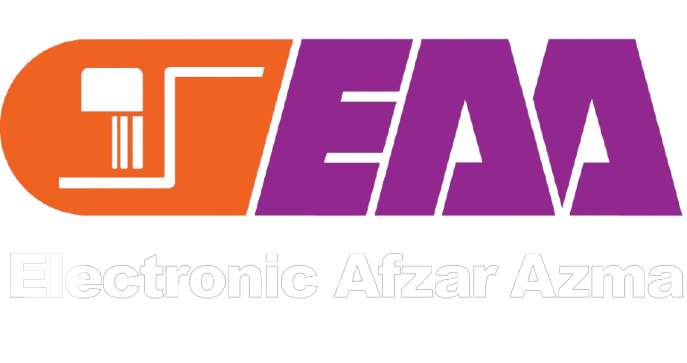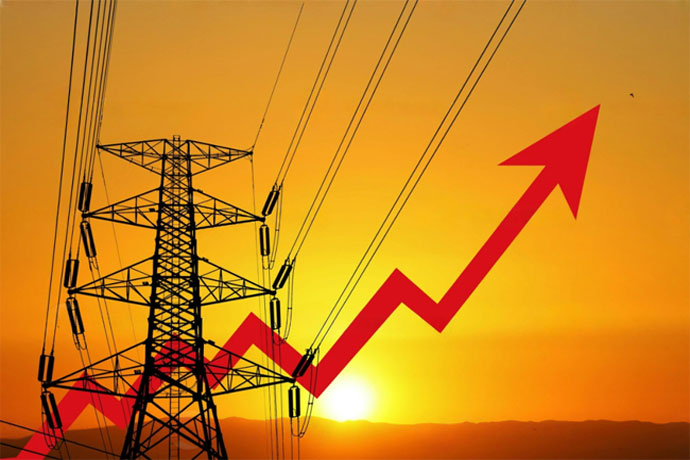A Win-Win Agreement



By the CEO of Electronic Afzar Azma
Dr. Mostafa Rajabi Mashhadi, CEO of Tavanir Company, has issued a template contract for the purchase of specialized electrical equipment in electricity distribution companies—a contract considered one of the most significant achievements of the syndicate over the past decade and borne out during the eighth board of directors’ term. The template for purchasing specialized electrical equipment in distribution companies aims to integrate processes and establish a uniform approach, in accordance with the provisions of Article 23 of the Continuous Business Environment Improvement Act. It will be implemented starting September 1, 2024, and, as per Article 30 of the purchasing regulations for distribution companies, it must be utilized in all transactions for purchasing goods.
The template contract has been a key issue prioritized by successive boards of directors over the years, and significant efforts have been made by the syndicate to establish standardized contracts. Following the emphasis and efforts by the syndicate regarding the necessity for a template contract, a working group was formed between Tavanir and the syndicate during the tenure of Engineer Homayoun Haeri at Tavanir. This working group convened several sessions with experts from different provincial distribution companies to review and provide expert opinions. In 1396 (2017), a contract was issued; unfortunately, distribution companies did not operationalize it. However, with the establishment of the Advisory Council of the Ministry of Energy and the presence of syndicate representatives in this council, along with the tireless efforts of Payam Bagheri and Mahdi Mas’udi, the chairman and secretary of the syndicate’s board, as well as my role as the head of the Support and Contracts Committee of the Advisory Council of the Ministry of Energy, and the constructive support and guidance of Dr. Mohrabián, the Minister of Energy, the conditions for issuing the template contract in Tavanir were facilitated and reached completion, with plans for it to be implemented after considering the suggestions and insights of the syndicate starting from September
While it may not be possible to describe the issued template contract as a perfect agreement, the conditions it encompasses are significantly better compared to the unjust contracts in the electricity industry, which have placed the entire burden of losses on the private sector.
The absence of a template contract in the electricity industry has led to numerous adverse consequences. Although these contracts superficially seem to only impact the private sector as project implementers, the reality is that the Ministry of Energy incurs the highest costs for unilateral and arbitrary contracts with its subsidiaries. The most devastating consequences of these contracts may relate to the years 90 and 91 (2011-2012), when the currency value doubled, forcing companies, which were struggling under the pressure of international sanctions, to undertake the remaining parts of their projects at a loss to prevent the seizure of their guarantees and the cancellation of their contracts.
The unjust nature of these contracts has plunged many companies in the electricity sector into serious crises, and the lack of coverage for risks arising from fluctuations in raw material prices and currency values by the employer has led to a wave of halted contracts. I hope that with the new formulation included in the contracts regarding adjustments, suspensions, and terminations by the seller, as well as provisions for extensions and penalties for late payments, conditions will be improved for private sector operators in the electricity industry. The new template contract is beneficial for both the private sector and the Ministry of Energy, enabling the latter to complete its projects at the lowest cost and with greater speed.
It should also be noted that investment in the electricity sector is currently in poor condition, such that not only is there no enthusiasm for new investments, but previous investments are also fleeing the electricity sector. With the newly drafted template contract, the investment trend in the electricity sector will undoubtedly improve, attracting new investments that will address many of the challenges that have led to power outages and imposed costs and hardships on industries. With the influx of investors, healthier competition will emerge in project execution, resulting in cheaper projects and potentially leading to exports and foreign exchange earnings for the country. It can confidently be said that the template contract issued today in the electricity industry represents a win-win-win scenario, benefiting investors, the Ministry of Energy, and the people of Iran.
The issuance of the template contract is indeed the result of the continuous efforts and actions of the syndicate over the past decade, and industry veterans, including the late Engineer Parsa, have also contributed significantly to this achievement. I would like to take this opportunity to thank and appreciate all those who played a role in bringing this achievement to fruition. I hope this contract is implemented starting September 1 and that its positive aspects are preserved and enhanced so that all the people of Iran, the government, and the syndicate members benefit from its advantages.


